Maestría en Filosofía y Ciencias Sociales
MARIA_PAULA_ZUNIGA_WHATS_CTA3
Inicia tu proceso de admisión vía WhatsApp
MFCS_ESTE_POSGRADO_CTA2
Este posgrado
Contribuye a desarrollar, a partir de la reflexión filosófica, habilidades para el análisis crítico de las distintas problemáticas de las sociedades contemporáneas.

Mtro. Carlos Sánchez Romero
Maestro en Ciencias de la Educación por el Instituto Superior de Investigación y Docencia para el Magisterio (ISIDM) y egresado de la licenciatura en Filosofía y Ciencias Sociales por el Instituto Libre de Filosofía y Ciencias.
Coordinador del consejo editorial de la revista de filosofía y humanidades de Xipe Totek, integrante de la Asociación Mexicana de Licenciaturas en Filosofía (Amelif) y coorganizador del Congreso Jalisciense de Filosofía, que se celebra anualmente. También es miembro de la Asociación de Universidades Confiadas a la Compañía de Jesús en América Latina (Ausjal).
Su línea de investigación es la Reflexión sobre la formación filosófica. Es integrante del consejo del Departamento de Filosofía y Humanidades del ITESO y profesor de Introducción a la Práctica Filosófica y de Práctica Social y Diálogos Filosóficos Finales.


CUERPO_ACADEMICO_MAESTRIA_FILOSOFIA_CTA3
Cuerpo académico
esta maestría
Ingresas a un posgrado con la tradición y el prestigio de la formación filosófica de la Compañía de Jesús y del Instituto Libre de Filosofía.
Te integras al único programa del país centrado en propiciar una reflexión rigurosa, con énfasis en la revisión en torno a la vida y las prácticas humanas (científicas, sociales, educativas, culturales).
Accedes a la biblioteca privada más importante del país, con más de 110 mil volúmenes especializados en filosofía y humanidades.
subtitulo 01
parrafo 01
subtitulo 02
parrafo 02
Este posgrado es para ti
- Tengan interés en la comprensión filosófica de las prácticas humanas.
- Muestren apertura al cuestionamiento de sus propios saberes.
- Manifiesten disposición para el diálogo interdisciplinario.
- Posean aptitudes para el análisis y la comprensión de textos y con capacidad para profundizar en reflexiones teóricas.
- Dispongan de habilidades para la expresión oral y escrita.
- Quieran ampliar sus horizontes intelectuales para revisar, de forma crítica, su práctica profesional y ubicar su papel en el contexto histórico social.
- Explicar los supuestos y las problemáticas filosóficas intrínsecas a las prácticas humanas.
- Analizar críticamente situaciones humanas actuales para identificar problemáticas y plantear preguntas significativas y pertinentes desde el punto de vista filosófico, así como visualizar teóricamente nuevos caminos para una mejor comprensión de la realidad.
- Realizar un trabajo de profundización en la búsqueda de los problemas presentes en tu práctica profesional y hacer propuestas de refundamentación de tu labor con base en el diálogo interdisciplinario.
- Desarrollar trabajos de investigación, publicaciones y evaluaciones de materiales y autores en los campos teóricos de la maestría.
- Explicar los supuestos y las problemáticas filosóficas intrínsecas a las prácticas humanas.
- Analizar críticamente situaciones humanas actuales para identificar problemáticas y plantear preguntas significativas y pertinentes desde el punto de vista filosófico, así como visualizar teóricamente nuevos caminos para una mejor comprensión de la realidad.
LGAC_FILOSOFIA_BL5
Líneas de Generación y Aplicación del Conocimiento
Definición
Fundamentación y profundización antropológica
Fundamentación y profundización ética
Las Líneas de Generación y Aplicación del Conocimiento (LGAC) son los campos temáticos que caracterizan al programa. En ellas confluyen las trayectorias de investigaciones o de trabajo profesional de profesores y estudiantes, desde una perspectiva sistémica de generación de nuevo conocimiento o su aplicación, según su naturaleza y enfoque.
Las líneas temáticas de las investigaciones y los trabajos profesionales de este posgrado refieren a la reflexión de los fundamentos antropológicos y éticos de la realidad y la práctica humanas.
La reflexión filosófica se enfila a la identificación, problematización, análisis y crítica de los supuestos antropológicos inscritos en el ámbito de la actividad humana.
La reflexión filosófica se enfila a la identificación, problematización, análisis y crítica de los supuestos éticos inscritos en el ámbito de la actividad humana.
Líneas de Generación y Aplicación del Conocimiento
Las Líneas de Generación y Aplicación del Conocimiento (LGAC) son los campos temáticos que caracterizan al programa. En ellas confluyen las trayectorias de investigaciones o de trabajo profesional de profesores y estudiantes, desde una perspectiva sistémica de generación de nuevo conocimiento o su aplicación, según su naturaleza y enfoque.
Las líneas temáticas de las investigaciones y los trabajos profesionales de este posgrado refieren a la reflexión de los fundamentos antropológicos y éticos de la realidad y la práctica humanas.
La reflexión filosófica se enfila a la identificación, problematización, análisis y crítica de los supuestos antropológicos inscritos en el ámbito de la actividad humana.
La reflexión filosófica se enfila a la identificación, problematización, análisis y crítica de los supuestos éticos inscritos en el ámbito de la actividad humana.
PLAN_DE_ESTUDIOS_FILOSOFIA_CTA
Plan de estudios
EXPERIENCIA_POSGRADO_BT1

ITESO’s graduate programs are supported by a renowned academic faculty comprising leading experts in their fields, who are actively engaged in real-world projects that offer concrete solutions. The university boasts over 100 researchers, 79 of whom are affiliated with Mexico’s National System of Researchers (SNII). Some are also members of the Mexican Academy of Sciences.
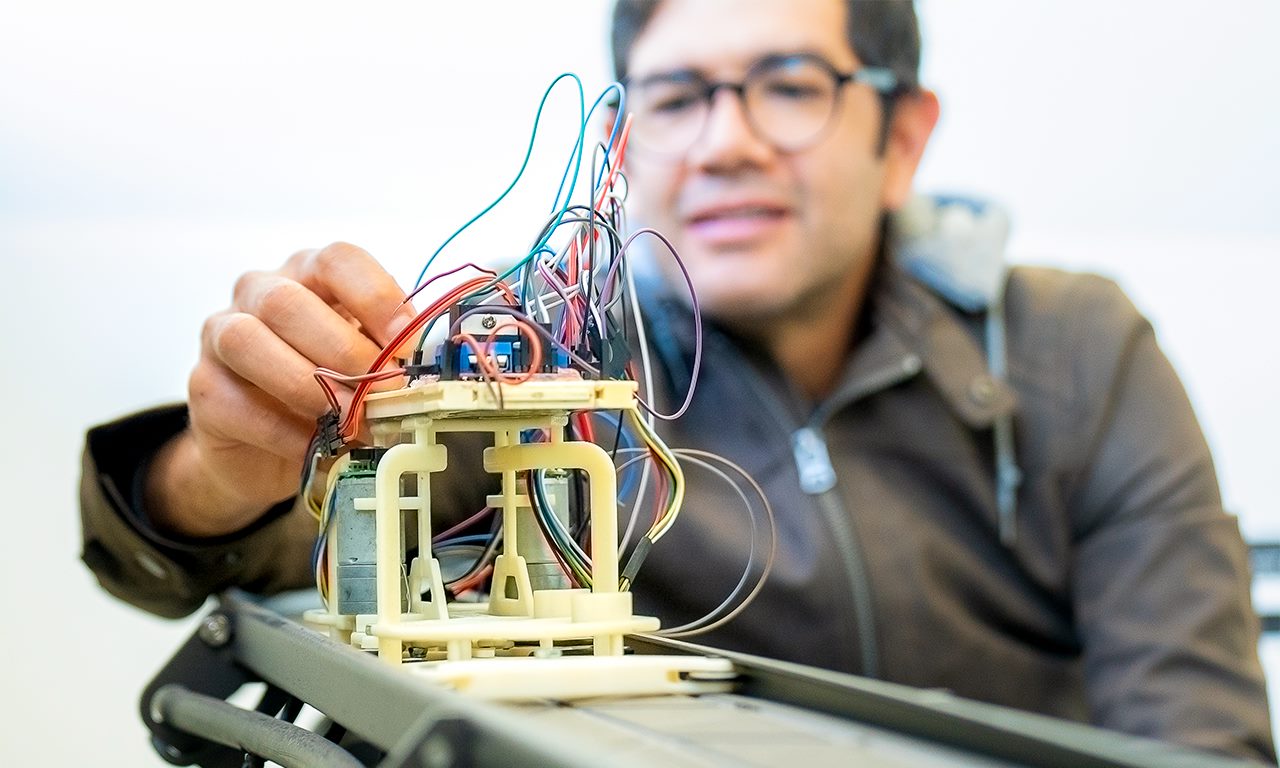
Research at ITESO generates new, rigorous, and relevant knowledge focused on some of the region’s and country’s most pressing challenges. Areas of impact include human rights, access to justice, renewable energy, sustainable resource management, food security, mental health and well-being, quality education, data science, and public communication, among others. These programs aim to offer development alternatives, influence public policy, foster technological innovation, and promote socially impactful projects.
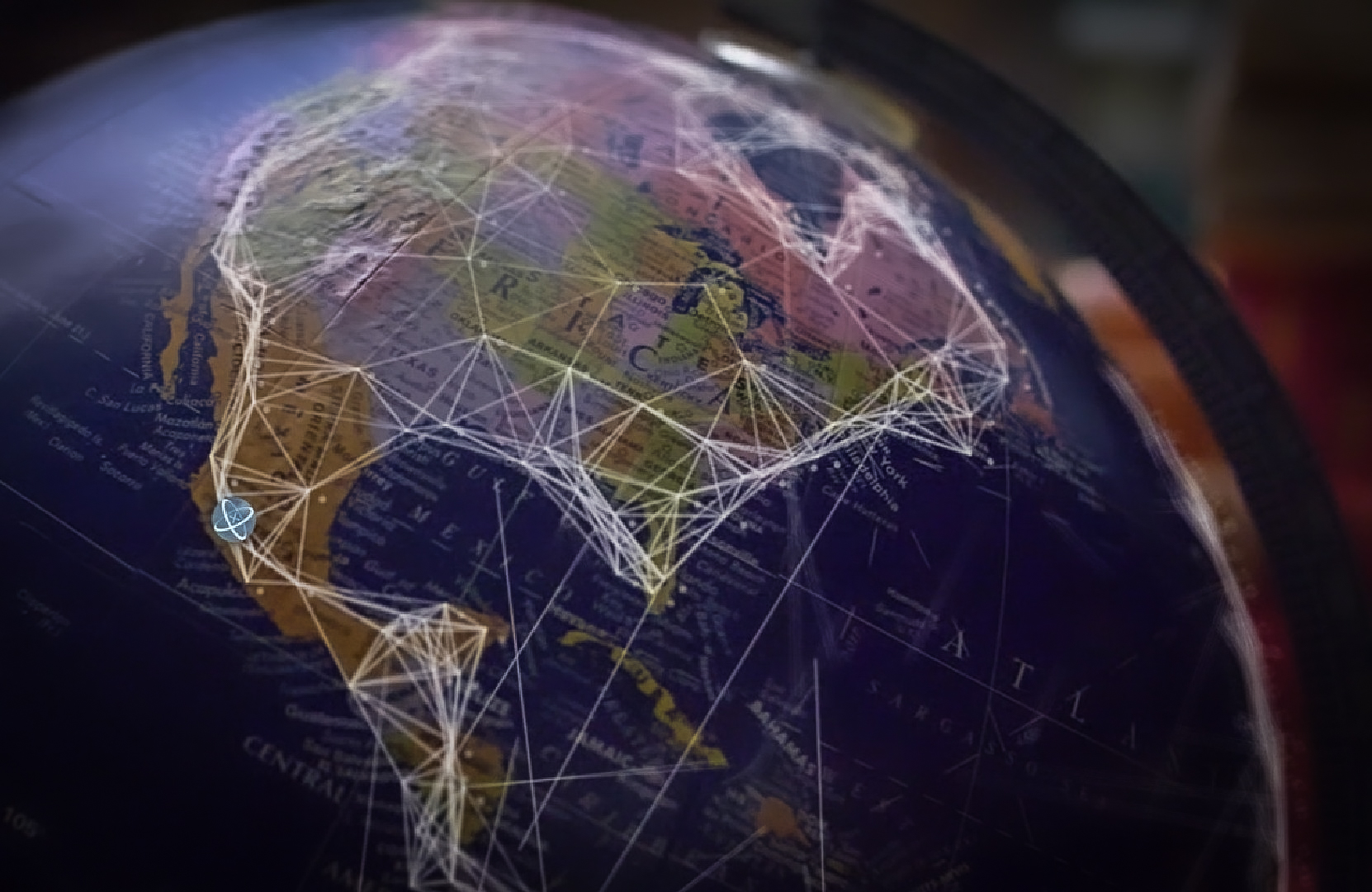
One of the key advantages of ITESO’s graduate programs is the opportunity for international academic exchange through alliances with the International Association of Jesuit Universities (IAJU), a global network of over 320 institutions. Additionally, programs supported by Conacyt offer research stays in Mexico and abroad for fieldwork, study, or the completion of research projects.

Sustainability is an institutional priority that drives research, education, and community engagement projects at ITESO. These initiatives aim to develop comprehensive, long-term strategies for ecosystem stewardship that are in harmony with local communities. ITESO’s campus is one of the most sustainable in the country, and among the few in the world with a protected forest on its grounds.
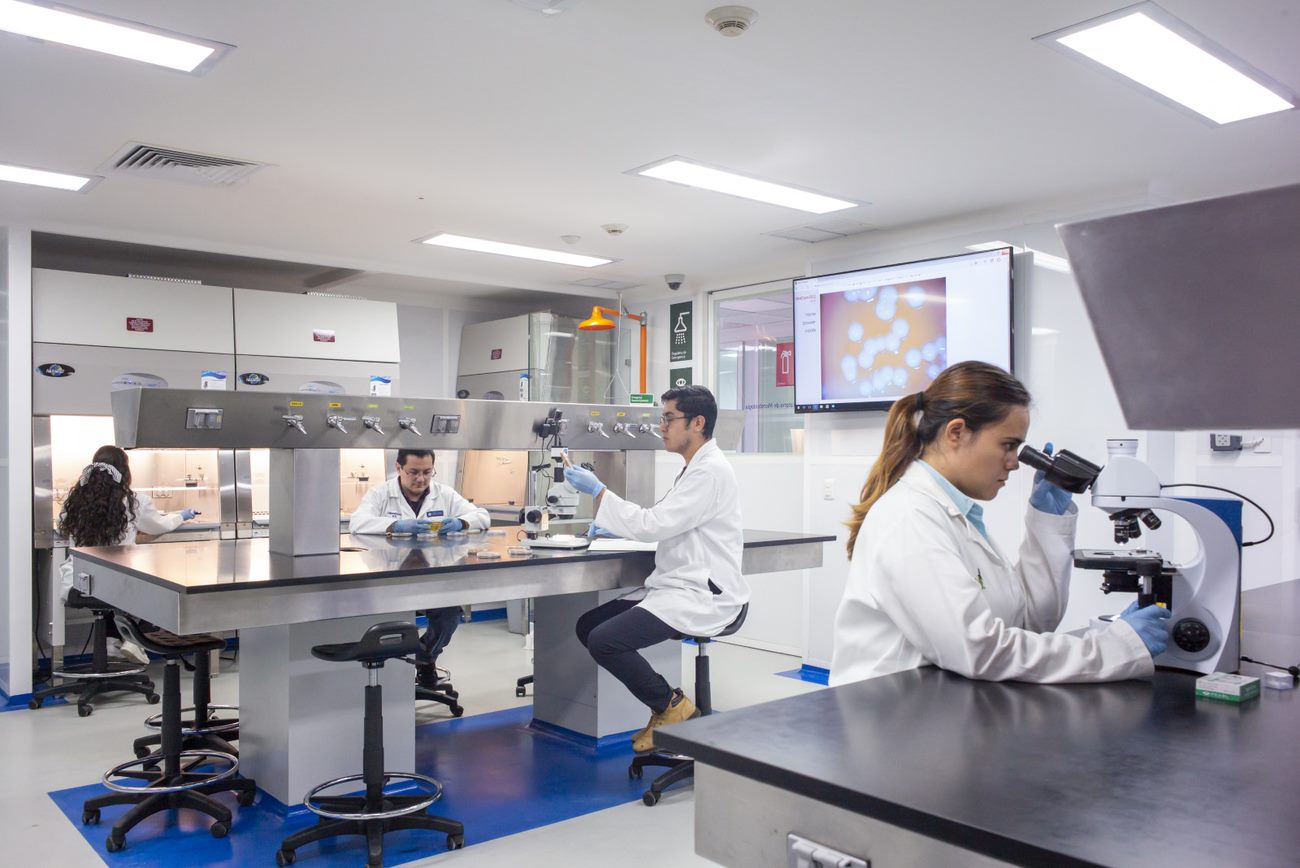
ITESO offers access to more than 100 specialized laboratories in areas such as nanotechnology, data science, food engineering, mechatronics, biotechnology, chemistry, systems, communication, multimedia, languages, nutrition, neuromarketing, arts, building technologies, and more. Facilities also include simulated courtrooms, exhibition spaces, mediation rooms, and audiovisual projection labs.
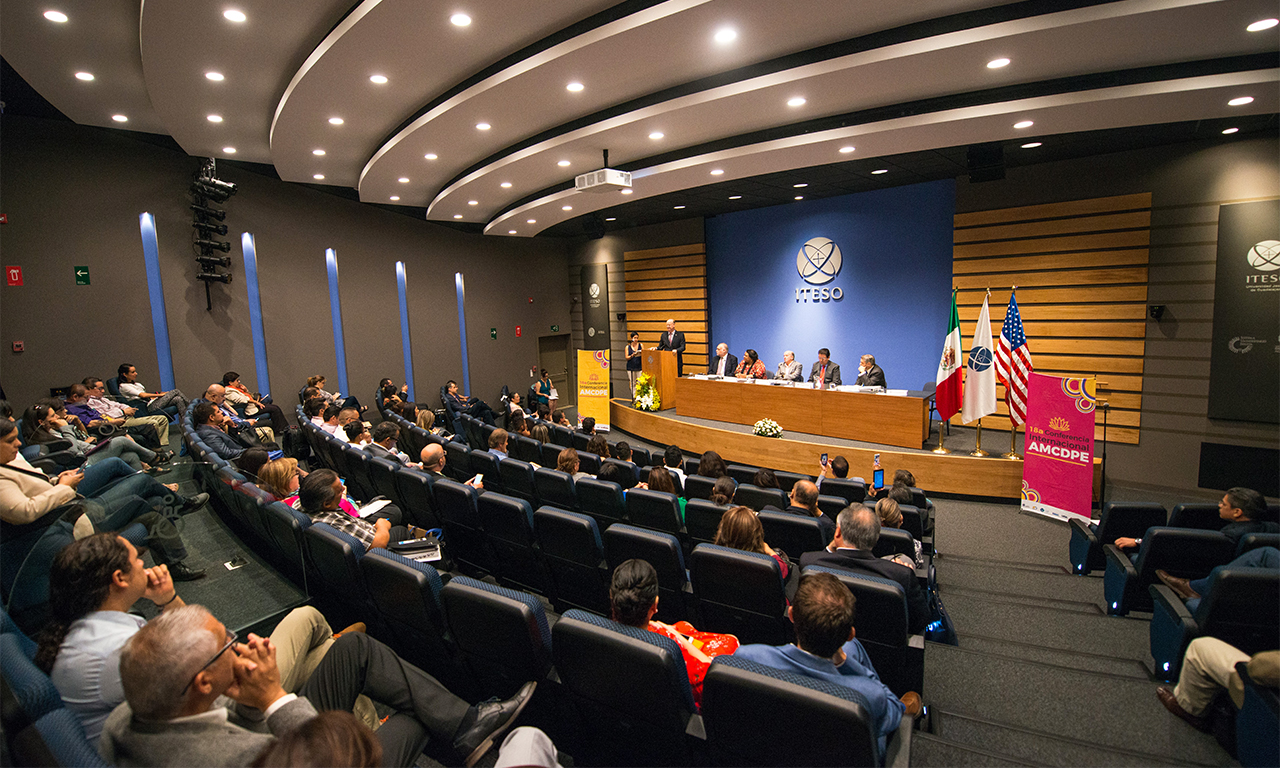
ITESO’s endowed chairs foster dialogue, critical thinking, and the exchange of ideas across sectors. They provide spaces for collaboration between academia, industry, and civil society, aimed at generating knowledge with high social impact. These initiatives also strengthen academic networks and support faculty and student mobility.
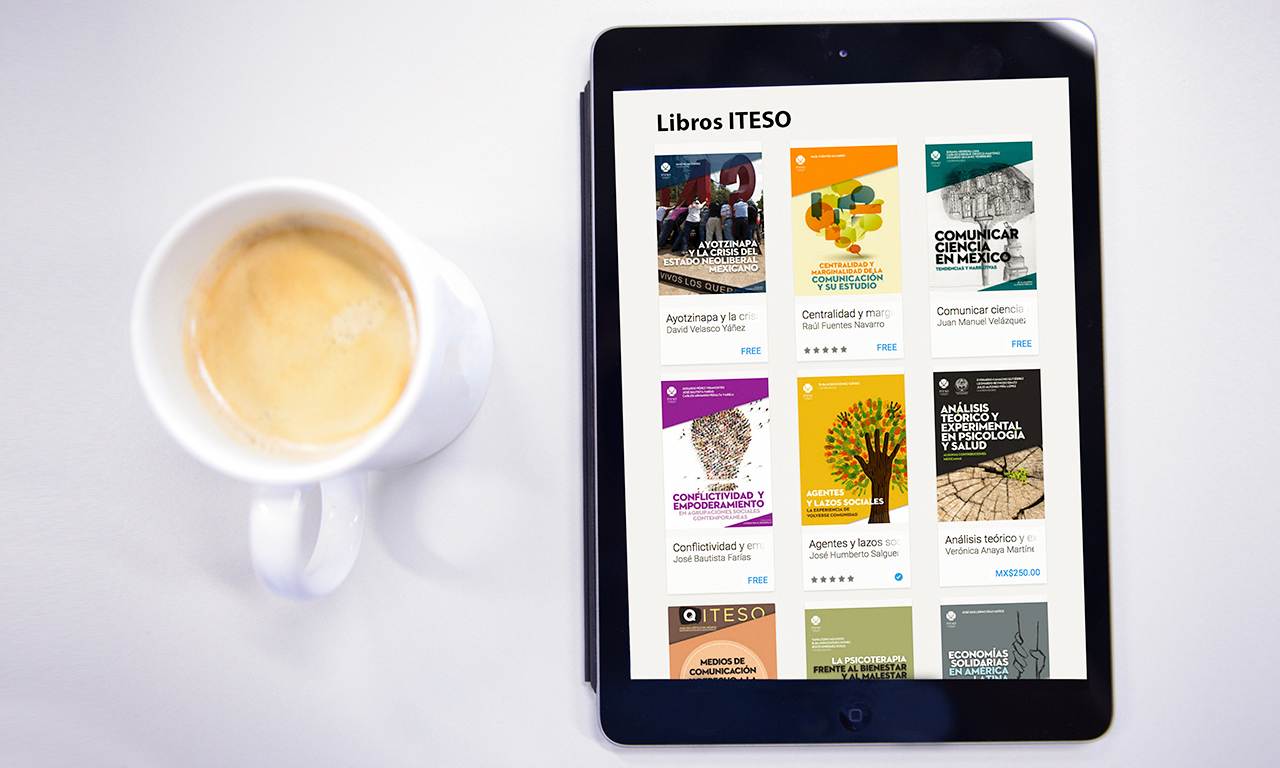
With more than 80 active academic journals and a robust catalogue of books, ITESO leads private universities in the region in scholarly publishing. Publications cover diverse disciplines, promote interdisciplinary collaboration, and are widely accessible—many available for free download online.

ITESO holds the most significant number of industry collaboration agreements among private universities in western Mexico. The university also offers dual-degree programs with institutions such as the University of Koblenz (Germany), Boston College, and Central Michigan University (USA).
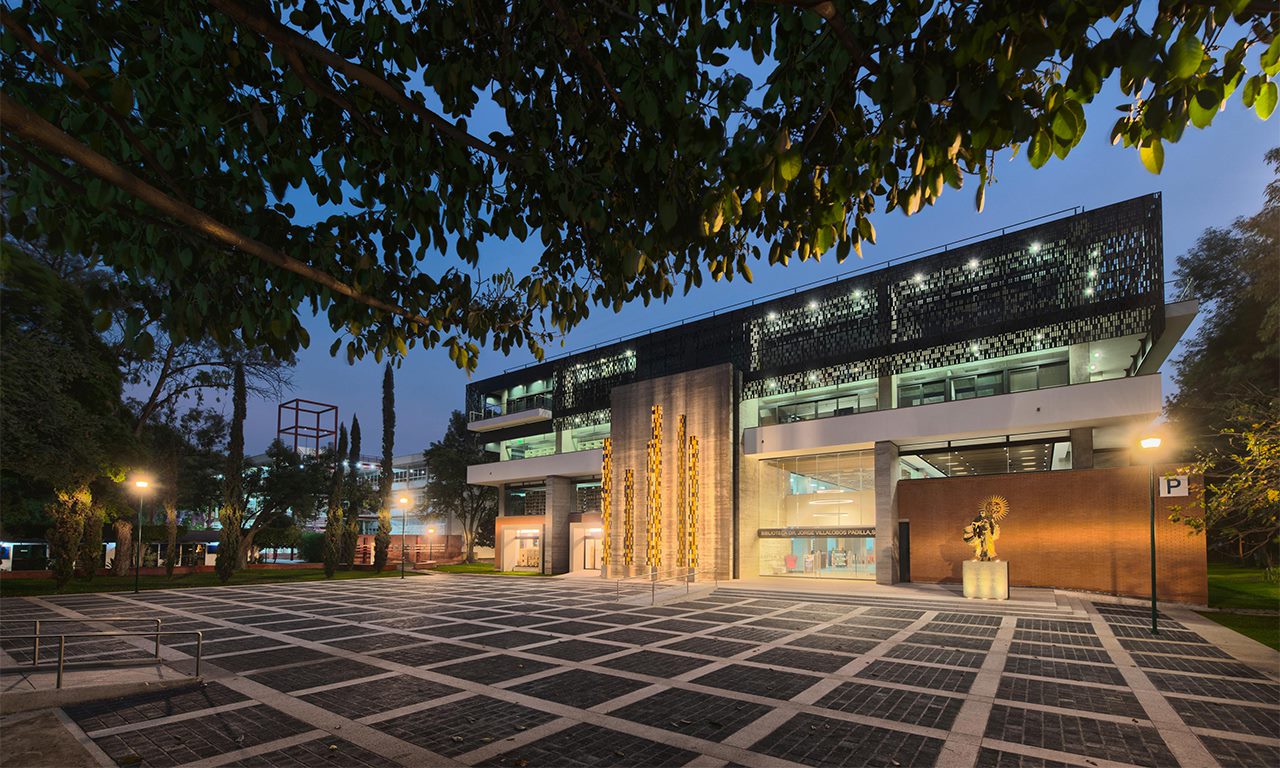
ITESO’s library houses more than 640,000 physical volumes and 200,000 digital resources, including books, journals, blueprints, films, and a collection of rare and antique books. Open to the public, the library features reading rooms, exhibition spaces, a cinema, an agora, a material library, and collaborative workspaces.

ITESO offers expert consulting and support for businesses at all stages of development through the Center for Innovation and Technology Management, the High-Impact Social Innovation Center, and the University-Business Center. Graduate students engage in projects focused on entrepreneurship, innovation, business acceleration, solidarity economies, and fair trade alternatives.
Distinguished faculty
Research programs
Academic mobility
Sustainability
Computer systems
Endowed chairs
Publications
Partnerships
Library
Business & Entrepreneurship
ITESO’s graduate programs are supported by a renowned academic faculty comprising leading experts in their fields, who are actively engaged in real-world projects that offer concrete solutions. The university boasts over 100 researchers, 79 of whom are affiliated with Mexico’s National System of Researchers (SNII). Some are also members of the Mexican Academy of Sciences.
Research at ITESO generates new, rigorous, and relevant knowledge focused on some of the region’s and country’s most pressing challenges. Areas of impact include human rights, access to justice, renewable energy, sustainable resource management, food security, mental health and well-being, quality education, data science, and public communication, among others. These programs aim to offer development alternatives, influence public policy, foster technological innovation, and promote socially impactful projects.
One of the key advantages of ITESO’s graduate programs is the opportunity for international academic exchange through alliances with the International Association of Jesuit Universities (IAJU), a global network of over 320 institutions. Additionally, programs supported by Conacyt offer research stays in Mexico and abroad for fieldwork, study, or the completion of research projects.
Sustainability is an institutional priority that drives research, education, and community engagement projects at ITESO. These initiatives aim to develop comprehensive, long-term strategies for ecosystem stewardship that are in harmony with local communities. ITESO’s campus is one of the most sustainable in the country, and among the few in the world with a protected forest on its grounds.
ITESO offers access to more than 100 specialized laboratories in areas such as nanotechnology, data science, food engineering, mechatronics, biotechnology, chemistry, systems, communication, multimedia, languages, nutrition, neuromarketing, arts, building technologies, and more. Facilities also include simulated courtrooms, exhibition spaces, mediation rooms, and audiovisual projection labs.
ITESO’s endowed chairs foster dialogue, critical thinking, and the exchange of ideas across sectors. They provide spaces for collaboration between academia, industry, and civil society, aimed at generating knowledge with high social impact. These initiatives also strengthen academic networks and support faculty and student mobility.
With more than 80 active academic journals and a robust catalogue of books, ITESO leads private universities in the region in scholarly publishing. Publications cover diverse disciplines, promote interdisciplinary collaboration, and are widely accessible—many available for free download online.
ITESO holds the most significant number of industry collaboration agreements among private universities in western Mexico. The university also offers dual-degree programs with institutions such as the University of Koblenz (Germany), Boston College, and Central Michigan University (USA).
ITESO’s library houses more than 640,000 physical volumes and 200,000 digital resources, including books, journals, blueprints, films, and a collection of rare and antique books. Open to the public, the library features reading rooms, exhibition spaces, a cinema, an agora, a material library, and collaborative workspaces.
ITESO offers expert consulting and support for businesses at all stages of development through the Center for Innovation and Technology Management, the High-Impact Social Innovation Center, and the University-Business Center. Graduate students engage in projects focused on entrepreneurship, innovation, business acceleration, solidarity economies, and fair trade alternatives.
INVESTIGACION_ITESO_GENERALES_POSGRADOS_TESTIMONIO
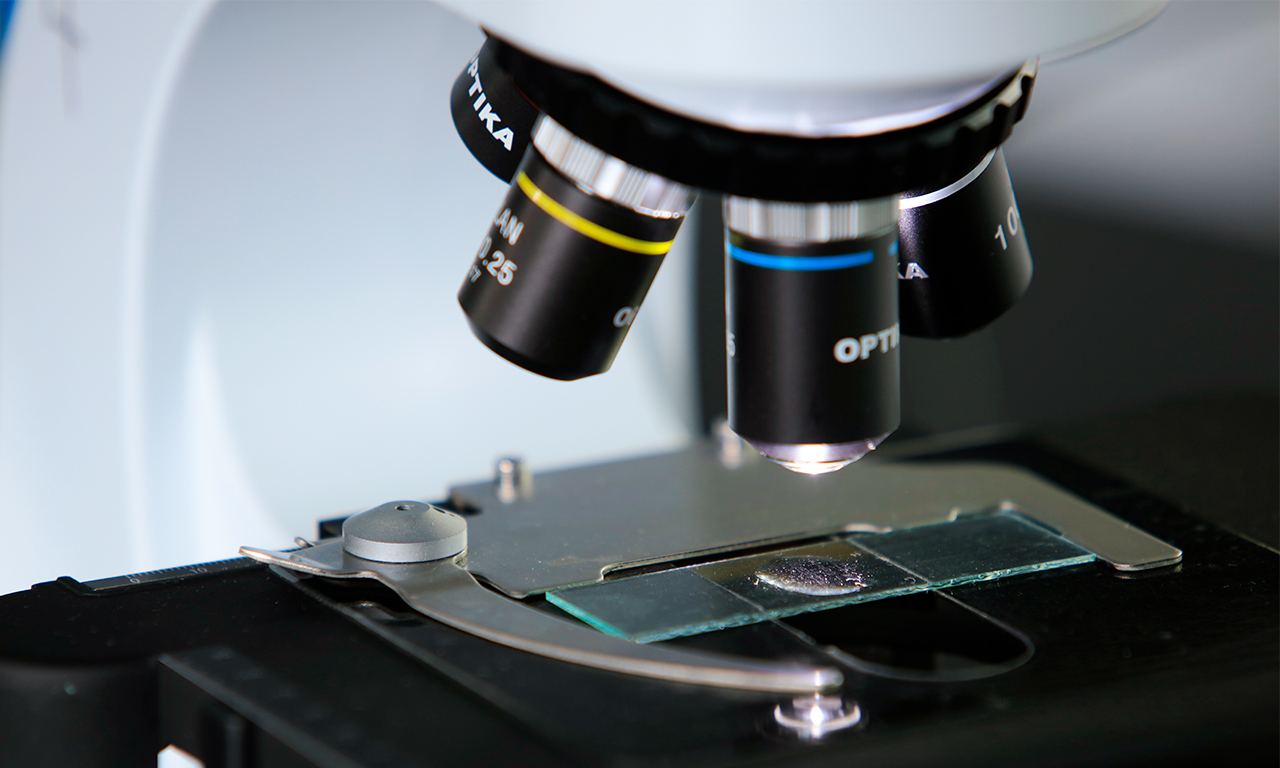
Research at ITESO
“Universities are called to be places of possibilities — to open horizons through research and engagement”.
Arturo Sosa, SJ
ACTIVIDADES_MFCS_BC6
Noticias
Asset Publisher
CATEDRA_JORGE_MANZANO_CTA3
Cátedra Jorge Manzano, SJ
OTROS_POSGRADOS_TITULO_GENERALES_POSGRADOS_BL3
Other graduate programs you may be interested in


